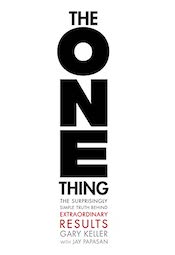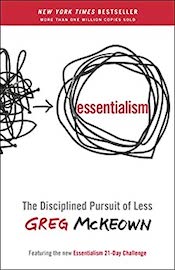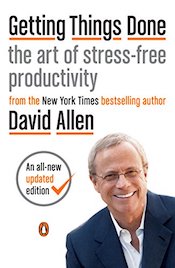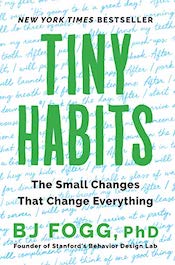
Four Thousand Weeks: Time Management for Mortals
by Oliver Burkeman
Four Thousand Weeks puts everything else you read or learn about time management and productivity into a better, more meaningful context. Don’t read it; instead, experience it. Let it have the serious impact on your life that your life deserves.
After basking in the warm promises of ever so many other books on time management, this one felt like a plunge into the icy water. Shocking but clarifying at the same time. A leap from the warm, comforting pretense that, if we find just the right combination of tools, we can get it all done into the cold reality that we can’t. And by the way, here’s a reminder that life is absurdly short, so what will you do with it?









